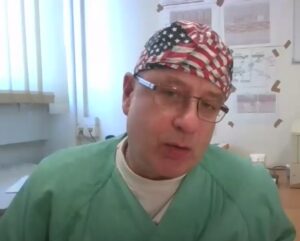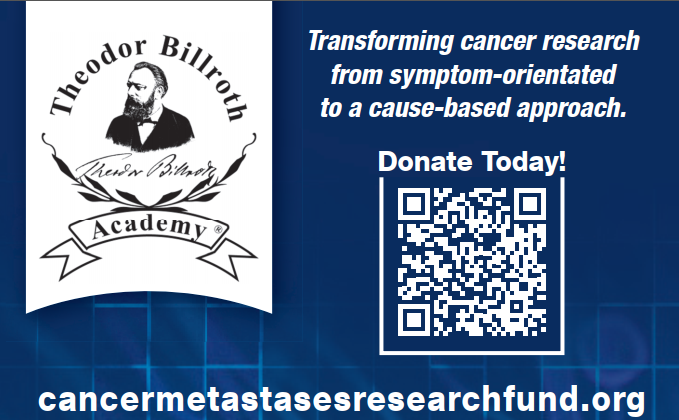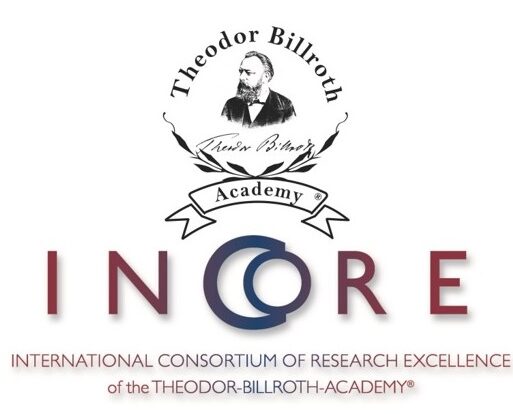The Cancer Metastases Research Fund (CMRF) is a 501 c (3) nonprofit organization whose aim is to support and fund medical studies to block primary cancers from forming and from spreading (metastases).
Your donations are tax deductible in the USA (Tax ID: 87-3870404). 100% of your contributions will go to research.
Our Hope

The Cancer Metastasis Research Fund will support studies on the development and spread of cancer. Our goal is to transform cancer research from a symptom-orientated approach to a cause-based approach. By this, it is not only the intent to buy time for patients but to block the very mechanisms that lead to cancer progression, and even its very formation. Our hope is to develop affordable therapies that make the scourge of cancer and its metastasis a thing of the past.
To do this, the CMRF supports studies of the development and spread of cancer. Our goal is to transform cancer research from a symptom-orientated approach to a cause-based approach. It is our intent not only to “buy time” for patients but to block the very mechanisms that lead to cancer formation in the first place and to its spread (metastases) within the body.


